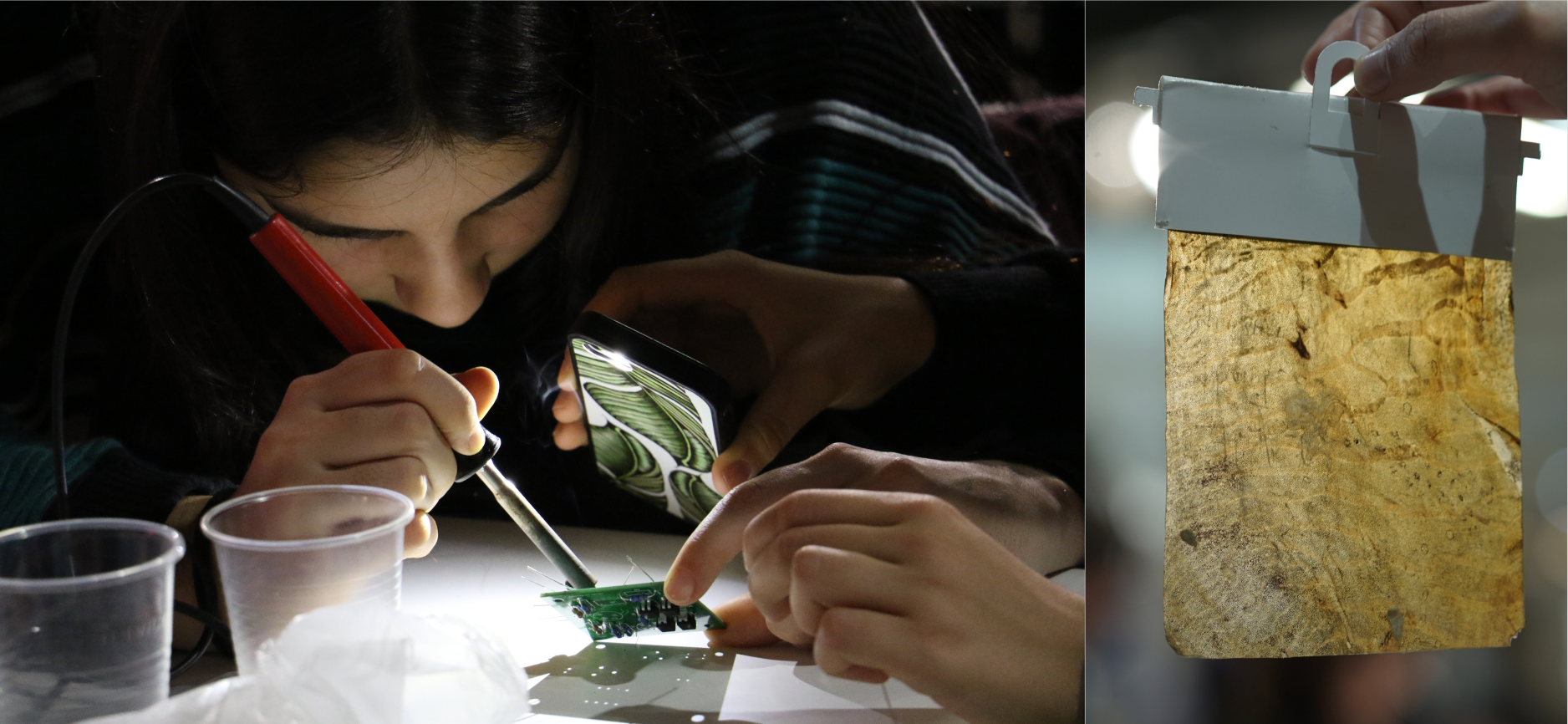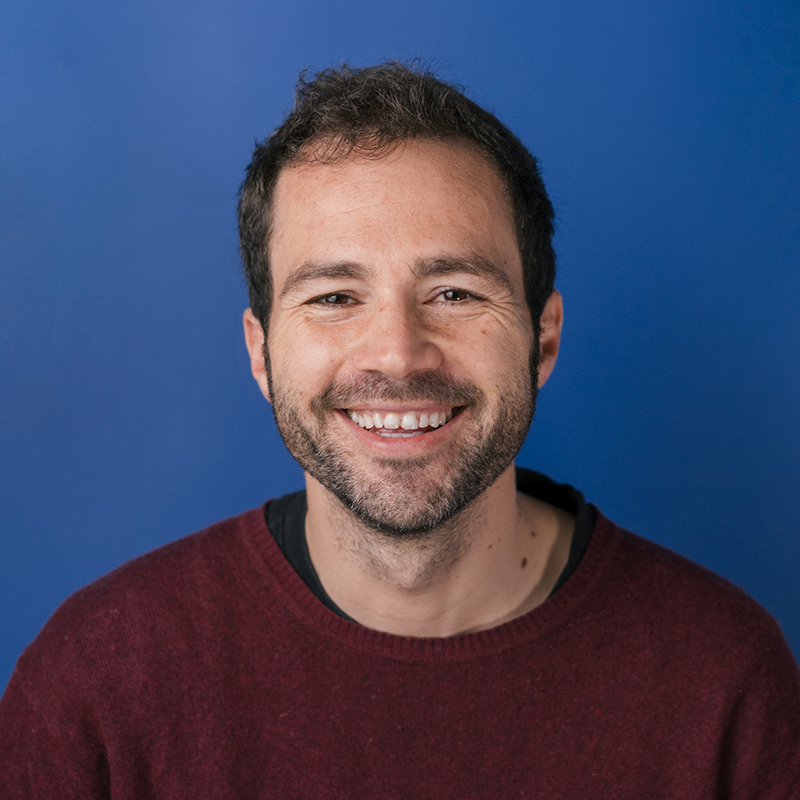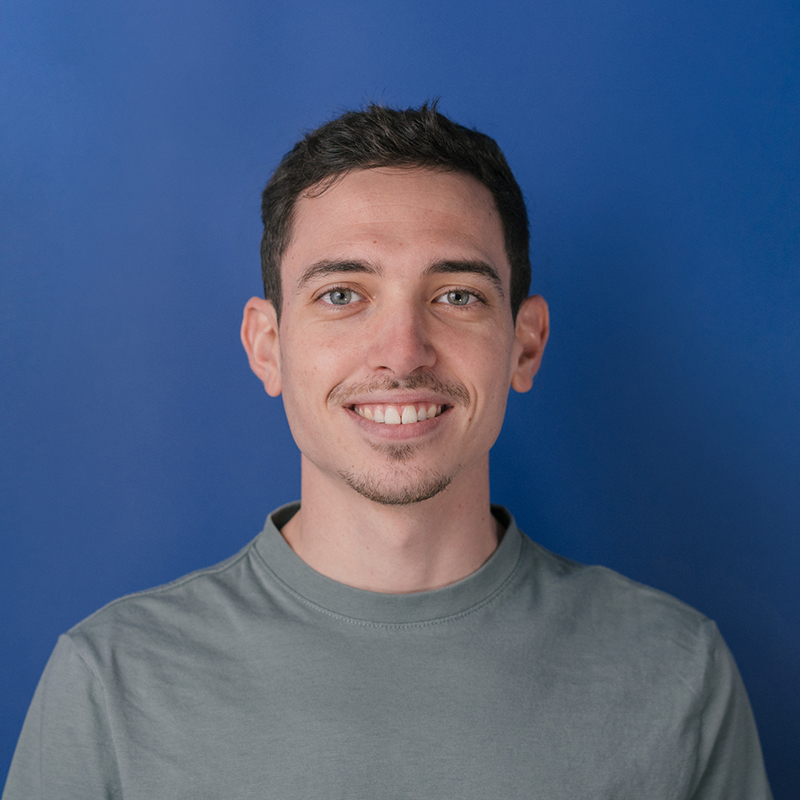Syllabus⇝
The Emergent Technologies course is designed to provide students with a comprehensive understanding of advanced digital fabrication techniques and sustainable practices, with a focus on electronics, materials, and textiles. This unique program combines mandatory and elective modules from both the Fabricademy and Fab Academy, offering a blend of theoretical knowledge and hands-on experience.
By the end of the program, students will have a robust portfolio of projects and a deep understanding of how to integrate technology and sustainability into their design practices.
Keywords: Documentation, Tinkering, Design, Prototyping, Digital fabrication
Learning Objectives⇝
- Understand and apply the principles of biomaking design.
- Develop skills in electronics production and embedded programming.
- Explore advanced topics in wearable technology, soft robotics, biohacking, or skin electronics.
- Gain hands-on experience in digital fabrication techniques.
- Foster creativity and innovation through interdisciplinary experiencies.
- In tegrate sustainable practices into design and fabrication processes.
Methodological Strategies⇝
Mandatory Modules: Students will gain foundational knowledge in Biochromes and Electronics Production, essential for understanding the integration of biological materials and electronic components in design practices.
Elective Modules: Students can choose from a range of specialized topics, allowing them to delve deeper into areas of personal interest and relevance to their future careers.
Hands-on Learning: The course emphasizes practical, hands-on workshops and projects, enabling students to apply theoretical concepts in real-world scenarios.
Interdisciplinary Approach: By combining modules from both the Fabricademy and Fab Academy, the course encourages an interdisciplinary approach to design and innovation.
Collaborative Learning: Students will have the opportunity to join classes with other students in the two topics: advanced digital fabrication techniques and sustainable practices. This collaborative environment fosters a rich exchange of ideas and perspectives, enhancing the learning experience.
Materials Needs⇝
All materials needed for the course will be provided by the faculty. The students are required to bring to the classes their own students toolkit and the programming boards given to them at the start of the academic year, other development boards, sensors and actuators will be provided during the workshop.
Bring in your laptop and any prototyping tools you have around such as a cutter, tape, markers, screwdrivers...
Do you have any old appliances (radios, toys, telephones, lamps, screens, keyboards...) at home you would like to take apart? Bring them, too! (For safety reasons, avoid choosing appliances with a lot of power or that are easily heated).
Schedule⇝
The curriculum is structured to include mandatory modules on Biochromes and Electronics Production, as well as elective modules in areas such as Biohacking, Wearables, Soft Robotics, Skin Electronics, Molding and Casting, and a Wildcard Week for open-ended projects. Fablab BCN Local Documentation
- 1 Mandatory module of Fabricademy Biochromes
-
1 Mandatory module ofFab Academy Electronics Production
-
1 Elective module of Fabricademy among
-
1 Elective module of Fab Academy among
Deliverables⇝
Students will be required to document their projects and deliverables for each module. This documentation will be hosted on the students' personal websites, ensuring that their work is accessible and well-presented. The deliverables for each module will adhere to the same requirements and standards as those of the Fabricademy and Fab Academy programs to which they are associated.
Grading Method⇝
Grading criteria will be defined by faculty during the module.
European Credit Transfer and Accumulation System (ECTS)
3 ECTS
Course Resources⇝
Faculty⇝
Santiago Fuentemilla Garriga , is Master degree in Architecture and postgraduate in digital fabrication and rapid prototyping (Fabacademy). He accumulates more than 15 years of experience in studios (OPR, FHAUS, OPERA, Brullet de Luna associats), designing multidisciplinary projects at an international level. Since 2013 he is part of the IAAC - Fab Lab BCN team, as coordinator and leader of Future Learning Unit (FLU), an area of research, design and implementation of innovative educational models that promote growth, learning and creativity to generate opportunities to achieve the goals and challenges of uncertain futures. FLU participates in private and EU funded research projects such as TEC-LA, Shemakes, Ruractive, DOIT, Phablabs 4.0, Creative Minds, among others. He is director of the global academic programs Fab Academy and Fabricademy, in the Barcelona node, executive board of Fab Learning Academy, and faculty of the Master in Design for Emergent Futures (MDEF) and The Master in Design for Distributed Innovation (MDDI).
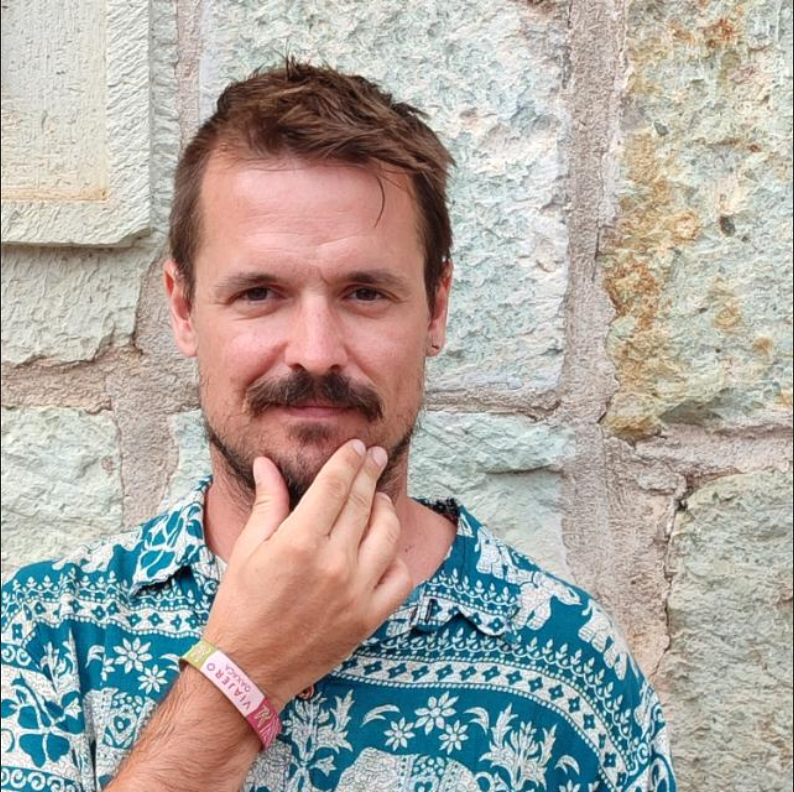
Daniel Mateos
Digital Fabrication Expert
Multidisciplinary maker and educator with skills in 3D design, 3D printing, metalworking, electronics, programming, biology, and extensive education experience. I have developed careers in the fields of biology, data science, and education. I am currently in transition to employment that uses my skills in digital fabrication, metalworking and electronics. I’m an extremely capable self-learner, very sociable and would love to integrate in a team with shared values to have an impact in the world, preferably at local scale.
Josep Martí is an Industrial Engineer from Barcelona. Josep started his career as a BI consultant but decided to change his professional path graduating from Fabacademy in 2019. Since then, he has taught digital fabrication, design and electronics in the Fablab, being part of the Future Learning Unit teaching in Fabacademy, Fabricademy and the Master in Design in Emergent futures. Recently, he started his path as a researcher in Erasmus+ projects. He holds a Bachelor’s degree in Industrial Technology Engineering and a Master’s degree in Industrial Engineering, specialising in Automatic Control, both from the Polytechnic University of Catalonia (UPC) and the Fabacademy diploma. He has always been interested in the Maker culture and is always looking to learn and create new things.
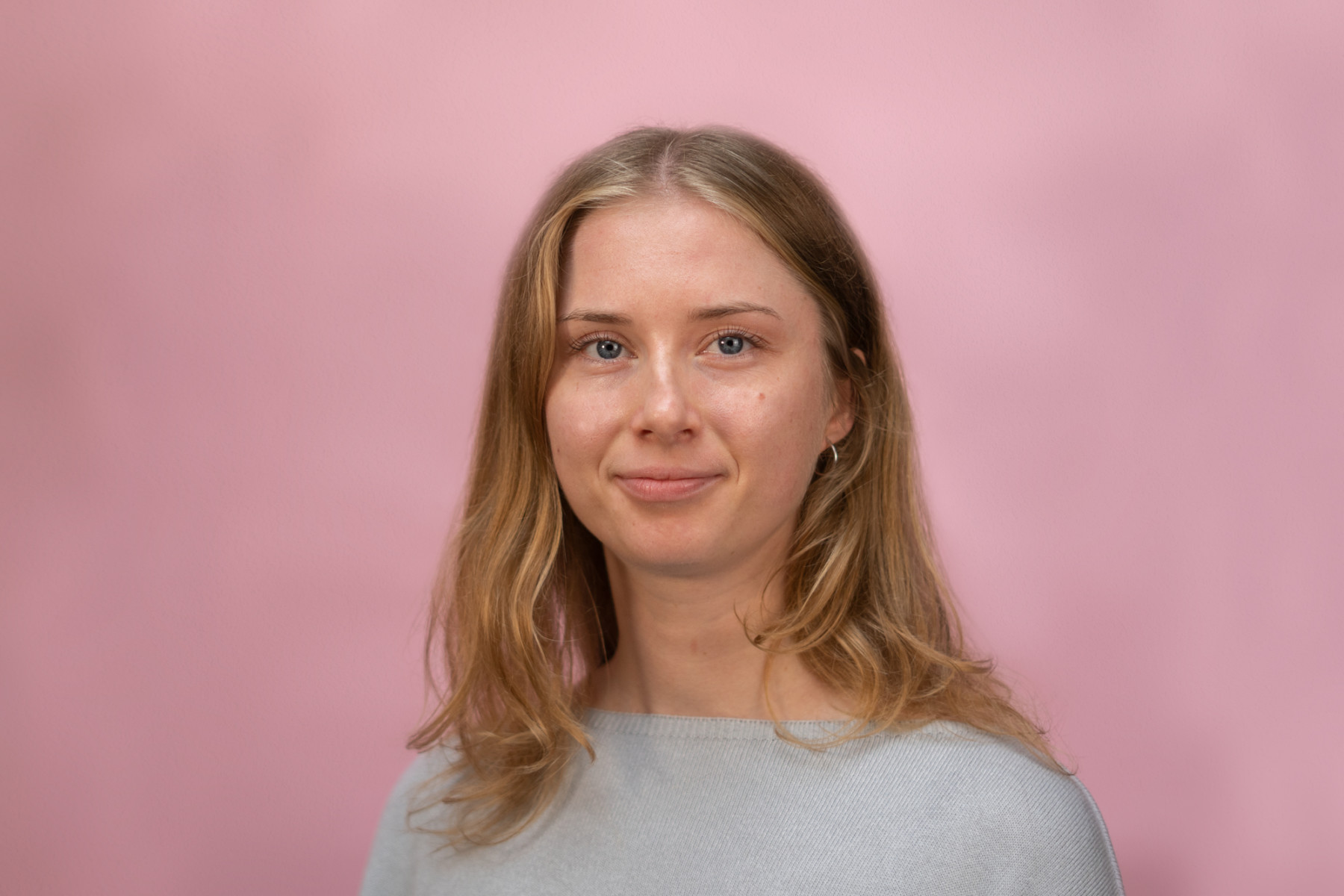
Petra Garajová
Materials & Textiles
Petra is a Slovak designer with a background in architecture, exploring the boundaries of material science, digital manufacturing and textiles. Currently she is working in Fab Lab Barcelona as a Fabricademy Local Instructor. Her main interest arises from biology and waste materials which lie on the borders of various artistic disciplines. Nowadays, she is also a co-founder of the Experimental Design platform which is using fashion as a tool to reshape the connection between nature, soft materials and the human body using new technologies. Petra holds a Master’s degree in Arts and Architecture at the Academy of Arts Architecture and Design in Prague. After her architectural studies she graduated from Fabricademy – Textile and Technology Academy in Fab Lab Barcelona IAAC. During her studies she was part of Shemakes.eu European project as an Ambassador between Fab Lab Barcelona and TextileLab Iceland working on the Lab to Lab project – Rethinking Wool. Her Fabricademy final project was awarded the Young Scientist Award 2022.
